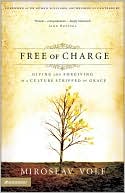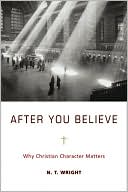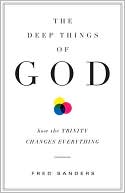" Moreover, I saw under the sun that in the place of justice, even there was wickedness, and in the place of righteousness, even there was wickedness. I said in my heart, God will judge the righteous and the wicked, for there is a time for every matter and for every work. I said in my heart with regard to the children of man that God is testing them that they may see that they themselves are but beasts. For what happens to the children of man and what happens to the beasts is the same; as one dies, so dies the other. They all have the same breath, and man has no advantage over the beasts, for all is vanity. All go to one place. All are from the dust, and to dust all return. Who knows whether the spirit of man goes upward and the spirit of the beast goes down into the earth? So I saw that there is nothing better than that a man should rejoice in his work, for that is his lot. Who can bring him to see what will be after him?" (Ecclesiastes 3:16-22, ESV)
Uncertainty breeds cynicism. This passage reflects a very cold look at the world. This broken world, says the Preacher, is crippled by wickedness. Where justice is needed one finds only corruption. What is more is that both the wicked and the just, the good and the bad will receive judgment from God. That’s not a happy thought. Why forsake evil for the good? Why promote ethics and morality and good citizenship? The criminal, the gangster, the rapists, they all have the same end as the pastor, the social worker, the judge. Death is not only the great nullifier between classes, as the Preacher already observed, it is the great nullifier in ethics as well. There is no real difference between man and beast let alone a murderer and a priest.
Most of us human beings are, at least in theory, for the promotion of good ethical behavior. We want to be better people, and we want others to be better people (we’re generally more concerned with the later than the former). Granted the way we define morality differs between class, ethnicity, culture, etc. But we still seek for better ways of living, regardless of how we define what “better” is. The question raised by the Preacher, though, is why do we seek to be better? Upon what grounds do we pursue goodness? What real difference does pursuing “badness” make? It should seem strange to us to want to be good without really having a reason for why we want to be good. There is an answer, the Preacher will com to it in time, but it is not as obvious as it might seem. For the moment, it is worth pondering deeply what exactly it is that provides the line between right and wrong, and further what exactly provides for us the reason to seek the right. Not having an answer is not acceptable.









No comments:
Post a Comment